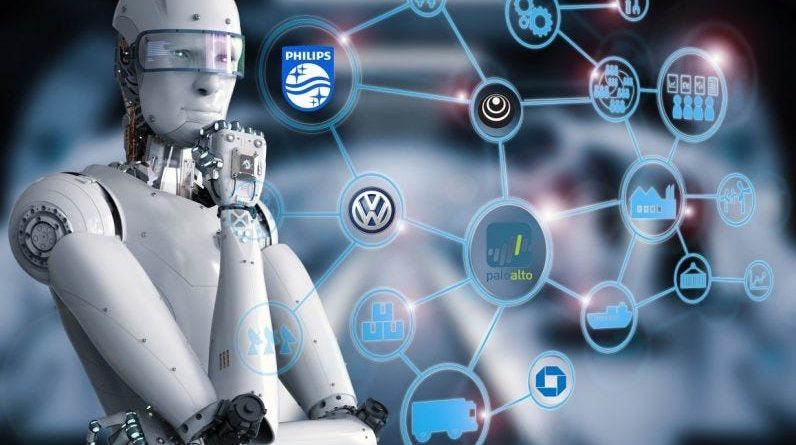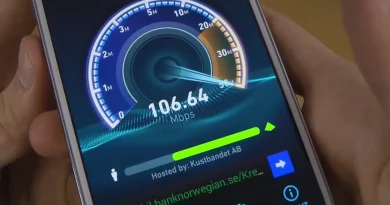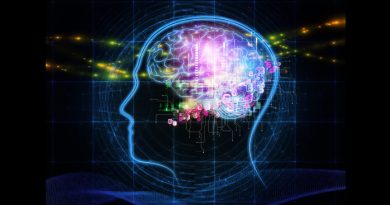Does technology make us smarter or dumber?
The impact of technology on human intelligence is a complex and debated topic. It is difficult to make a blanket statement that technology is making us either “dumber” or “smarter” as the effects can vary depending on how individuals engage with and utilize technology. Here are some perspectives to consider:
Access to Information: Technology, particularly the internet, provides unprecedented access to a vast amount of information. It allows us to quickly search for and retrieve knowledge on a wide range of topics. This increased accessibility to information can enhance our knowledge and potentially make us smarter by enabling learning opportunities that were not readily available in the past.
Cognitive Skills and Memory: Some argue that technology, such as smartphones and search engines, may negatively impact our cognitive skills and memory. Relying heavily on external devices for information retrieval can reduce the need to actively remember and process information. However, it is important to note that technology can also enhance cognitive skills in other ways, such as through brain-training applications or educational software.
Critical Thinking and Problem-Solving: Technology can provide tools and resources that support critical thinking and problem-solving skills. Analyzing complex data sets, using simulation software, or engaging in collaborative online platforms can help develop higher-order thinking abilities. However, it also requires individuals to develop the necessary skills to navigate and evaluate the information available to them.
Attention and Focus: The constant presence of technology and the proliferation of digital distractions can potentially impact our ability to focus and sustain attention. Frequent interruptions from notifications, multitasking, and an information-rich environment can make it challenging to concentrate on tasks. However, there are also technology tools, such as productivity apps or time management techniques, that can help individuals improve focus and manage distractions.
Social and Emotional Intelligence: Technology has transformed the way we communicate and connect with others. Social media platforms and digital communication tools can facilitate virtual interactions, networking, and access to diverse perspectives. However, concerns have been raised about the potential negative impact on social skills, empathy, and the depth of interpersonal relationships when face-to-face interactions are substituted with online interactions.
It is important to approach the question with nuance and recognize that the impact of technology on intelligence is multifaceted. The effects can vary depending on how individuals engage with technology, the context in which it is used, and the balance struck between technology use and other cognitive activities. Ultimately, the responsibility lies with individuals to harness technology in a way that enhances their intelligence, critical thinking skills, and overall well-being.




